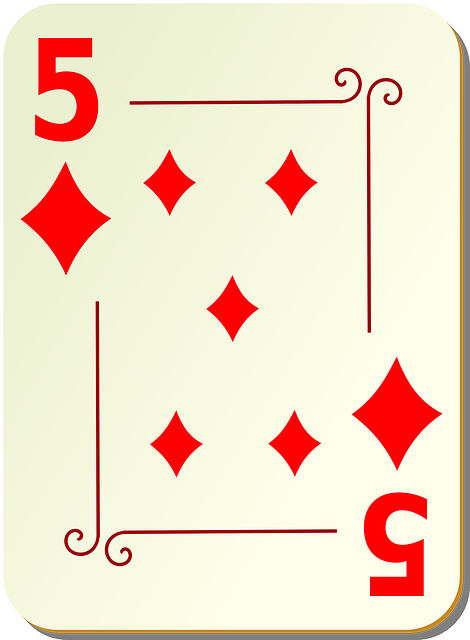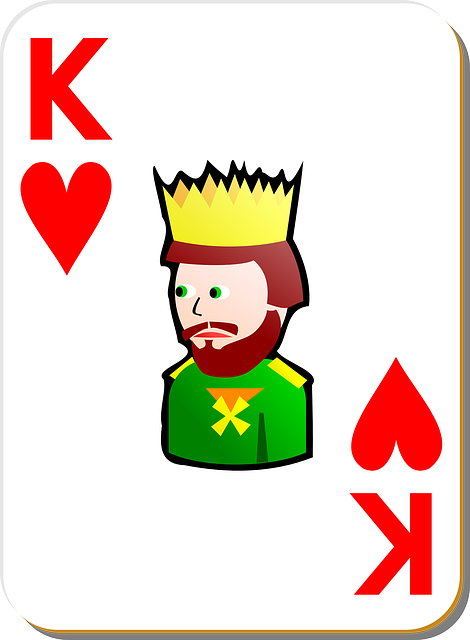poker tournaments, from local meets to global events like the WSOP, offer thrilling challenges where players compete in various Texas Hold'em formats, including No-Limit, Pot-Limit Omaha, fixed-limit games, and mixed games. Success demands strategic decision-making, blind adjustments, table dynamics, position play, odds calculation, adaptability, mental toughness, and patience, rewarding both skill and psychological prowess. These tournaments cater to players of all levels through diverse structures, making them a captivating blend of art and science for participants and spectators alike.
poker tournaments have captivated players worldwide, offering a unique blend of skill, strategy, and excitement. This article delves into the captivating world of poker tournaments, exploring their mechanics and diverse structures. From no-limit hold’em to Omaha, we’ll dissect different formats and provide insights into mastering each. Learn effective strategies to navigate the competitive landscape, boost your chances of success, and emerge victorious in the thrilling environment of poker tournaments.
- What Are Poker Tournaments and How Do They Work?
- Different Types of Poker Tournament Structures
- Strategies for Success in Poker Tournaments
What Are Poker Tournaments and How Do They Work?

Poker tournaments are structured events where players compete against each other in a series of games, typically playing Texas Hold’em. These events vary in size, from small local gatherings to massive international competitions like the World Series of Poker (WSOP). The structure is designed to create a thrilling and competitive environment, with players paying an entry fee to join. As they play, chips represent their remaining stake; the last player standing, or the ‘chip leader’, wins the tournament.
The gameplay involves several rounds, including blind structures and re-shuffles, where players must make strategic decisions based on their cards and the dynamics of the table. Prizes are distributed according to a paid entries system, with the top finishers receiving a share of the pot. This format encourages skill, strategy, and psychology, making poker tournaments both exciting for participants and captivating for spectators.
Different Types of Poker Tournament Structures

Poker tournaments come in various structures, each offering a unique experience for players. One popular format is the No-Limit Texas Hold’em (NLHE) structure, where players compete with a standard deck of 52 cards and can bet any amount at any time. This dynamic nature makes NLHE thrilling, allowing for aggressive play and strategic moves like raising, calling, or folding. Another common type is Pot-Limit Omaha (PLO), which involves playing with four cards face-up in the shared community area. Players must make their best five-card poker hand from these combinations, adding a layer of complexity and requiring deeper strategic thinking.
Additionally, there’s the fixed-limit variant, where betting options are predetermined, typically in increments of big blinds. This structure encourages a more calculated approach, focusing on position and card strength. Some tournaments also feature mixed game formats, combining different poker variants in one event, appealing to players who enjoy versatility and adaptability. These diverse structures cater to a wide range of preferences, ensuring that there’s a suitable tournament for every skill level and strategy.
Strategies for Success in Poker Tournaments

Poker tournaments demand a unique blend of skill, strategy, and mental fortitude. Unlike casual games, where luck might play a larger role, successful poker tournaments hinge on meticulous planning and adaptable tactics. One key strategy is position play; acting later in a hand often provides more information about opponents’ cards, allowing for more calculated decisions.
Another effective approach is understanding odds and pot probabilities. Knowing when to bluff or fold based on these calculations can significantly impact your tournament trajectory. Additionally, adapting to table dynamics is crucial; recognizing who the aggressive players are and adjusting your strategy accordingly can give you an edge. Patience is also paramount; waiting for the right moments to strike can lead to substantial wins later in the game.
Poker tournaments offer a thrilling challenge for players, with structured formats and diverse strategies. Understanding these events’ mechanics, from blind structures to prize pools, is key to success. By mastering various tournament types and employing effective tactics, players can enhance their skills and increase their chances of winning in the competitive world of Poker Tournaments.






